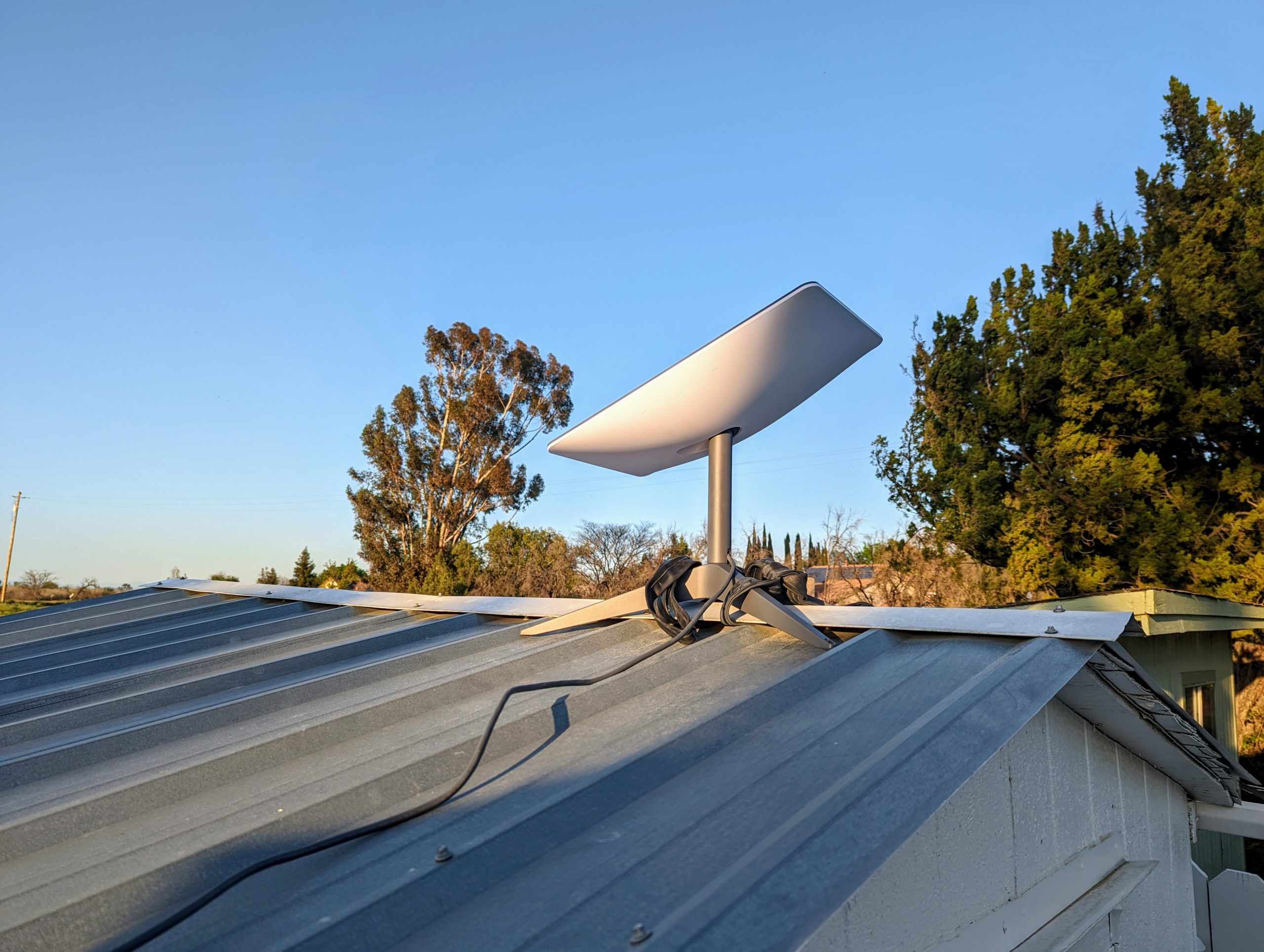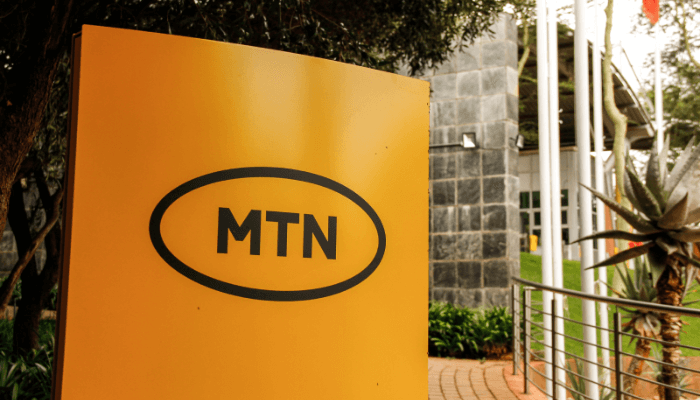After initially warning the public against the usage of Starlink, citing the fact that it is unlicensed, the Zimbabwean government has confirmed it is reviewing the satellite internet provider’s licence application.
Zimbabwe’s minister of information, publicity, and broadcasting services, Jenfan Muswere, has confirmed that the country’s communications regulator has received an application for an operating licence from Starlink.
Muswere added that the application is currently being reviewed by the Postal & Telecommunications Regulatory Authority of Zimbabwe (POTRAZ). About a fortnight ago, POTRAZ issued a warning against the unlicensed use of Starlink after cases of reselling had become rampant in the country.
“What I remember is that they submitted their application for licencing and POTRAZ was still going through that application… Of course, we want to see it approved,” Muswere told journalists on Monday.
Furthermore, according to Muswere, the reason Zimbabwe would be looking to approve Starlink is that fibre-optic connections across the country are proving to be a challenge as a means to connect the whole country to the internet. According to its website, Starlink plans to launch in the country in Q4 2023.
“It’s not possible to have fibre-optic cables across the country. It’s a reality that we need satellite technology for communication purposes. What we want as the government is a situation where every citizen from Binga to Chiredzi is also connected. That’s what the government wants, to leave no one behind,” Muswere added.
In January 2023, Vodacom-owned Dark Fibre Africa announced plans to use Zimbabwe’s major rail network to lay 2,000km of fibre across the country. Thus far, the project has laid down 1,180km of fibre stretching from Beitbridge to Victoria Falls in its first phase, forcing the country to explore other options for internet connectivity.
According to insights by DataReportal, there were 5.74 million internet users in Zimbabwe as of January 2023, translating to an internet penetration of 35%. The country aims to have an internet penetration of over 75% by 2025.
Have you got your tickets to TechCabal’s Moonshot Conference? Click here to do so now!






















